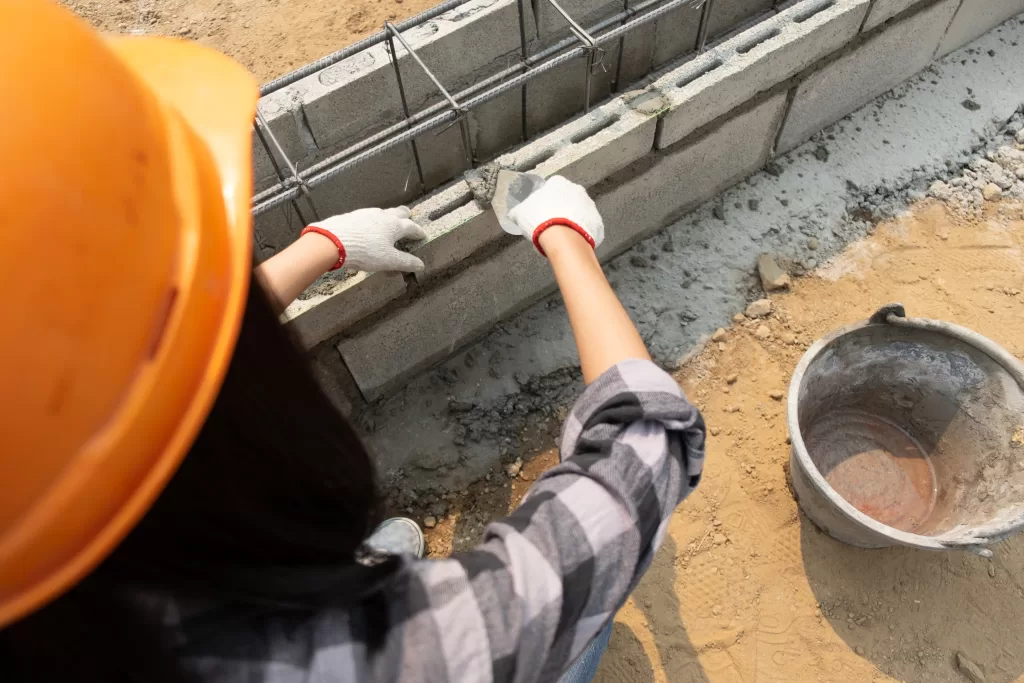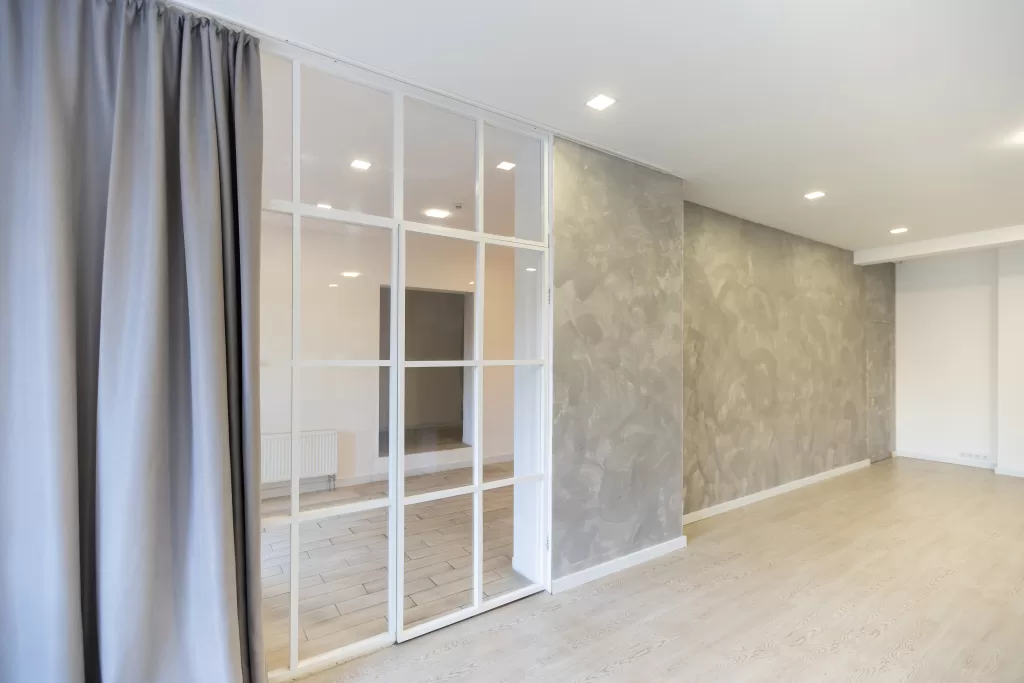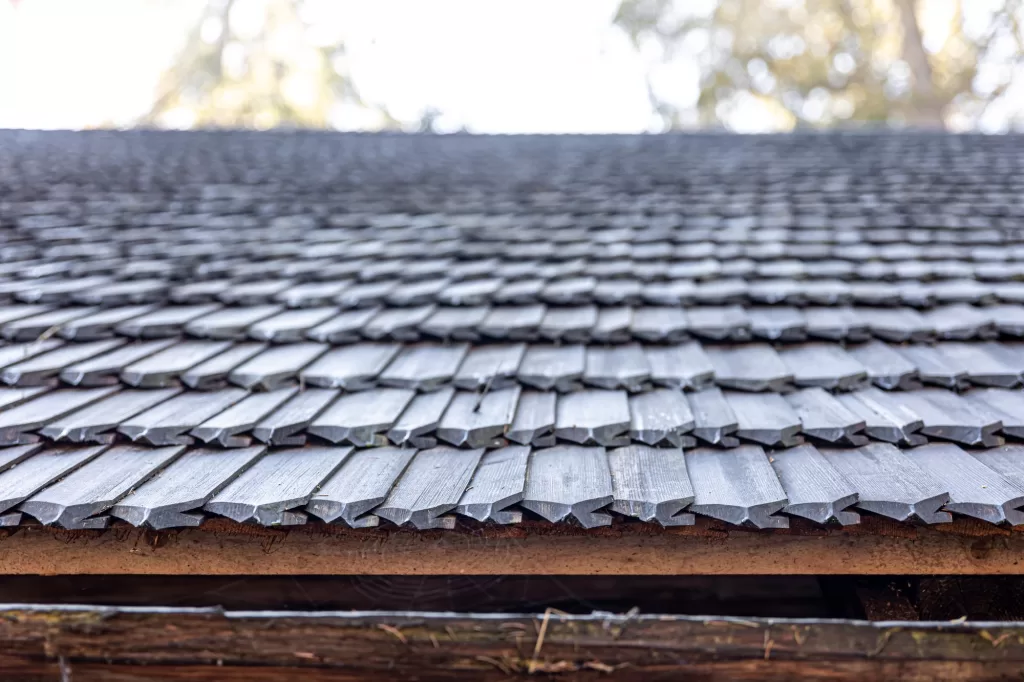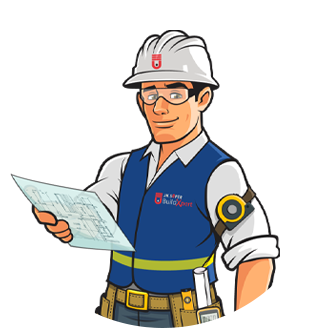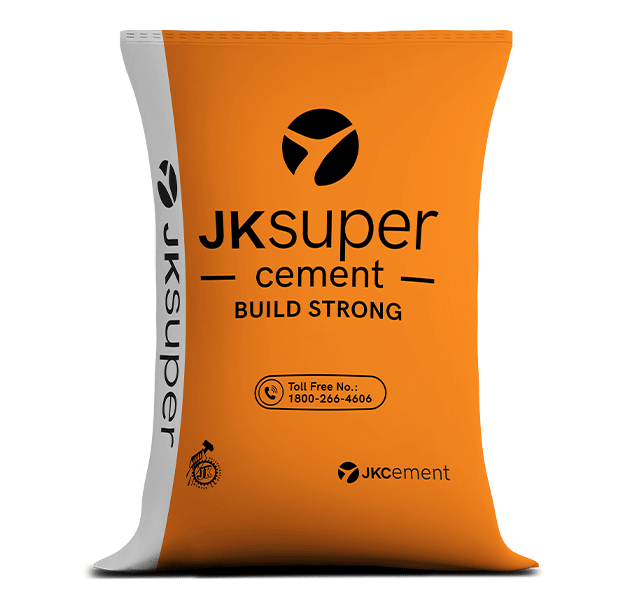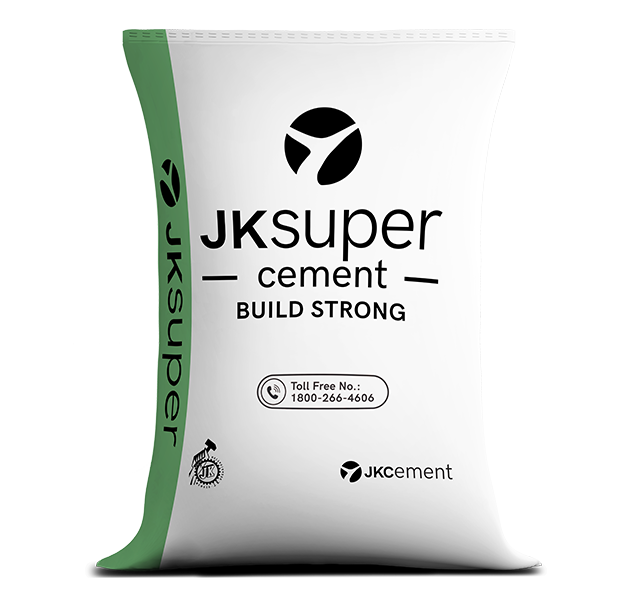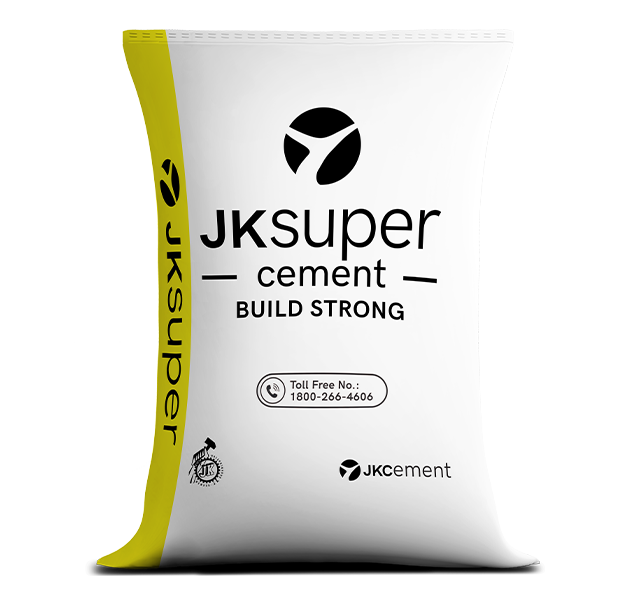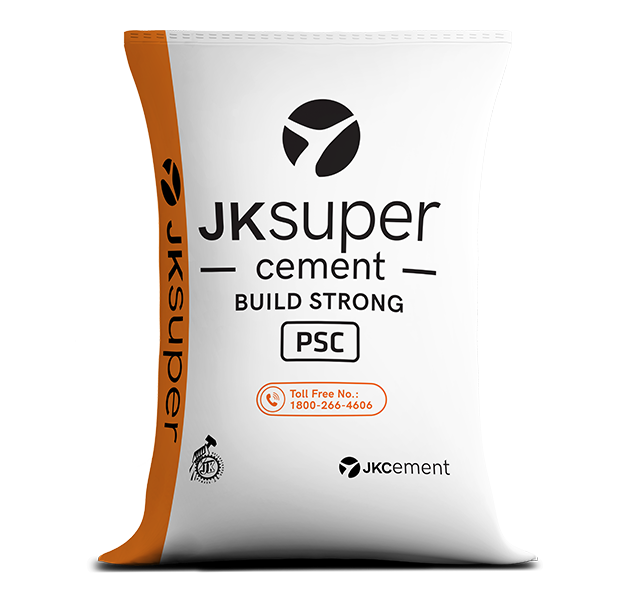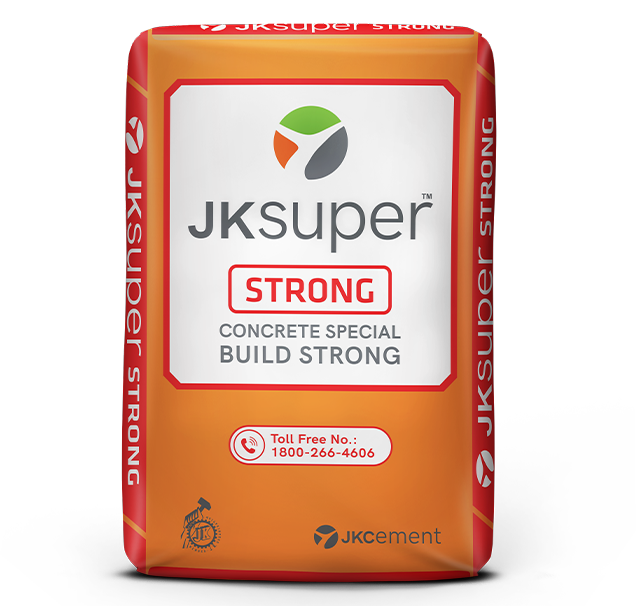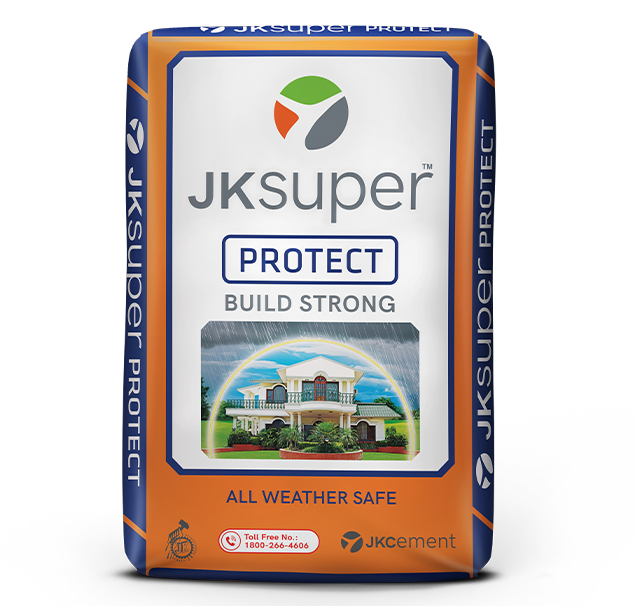In the world of construction, foundations act as the anchor that endures the load of various infrastructures. This is why, the choice between shallow vs deep foundations is important for the stability and success of the built structure. However, to make the right decision, one must understand the difference between shallow and deep foundations, their respective characteristics, and other crucial considerations. So, read on to learn more about these aspects.
What are Shallow Foundations?
Shallow foundations are construction foundations that transfer building loads to the near-surface soil layers. They are mainly suitable for stable soil conditions. In most cases, they involve spread footings, mat foundations, or strip foundations, where the load is distributed over a larger area close to the ground surface.
What are Deep Foundations?
A deep foundation is one of the most important types of foundation in building construction. It is a construction support system that extends significantly below the ground surface to transfer building loads to deeper, more stable soil or rock layers. It is generally employed in areas with challenging soil conditions or heavy structural loads.
Different Types of Shallow and Deep Foundations
To make an informed pick between a shallow and deep foundation, you must first know about the different types of foundations in construction:
Shallow Foundations
Spread Footings:
Spread footings are simple, cost-effective foundations that distribute loads over a broad area. Common types include isolated footings for columns and combined footings for multiple columns.
Mat Foundations:
Mat foundations spread loads over a large area using a single, thick slab. They are used for distributing heavy loads in structures like high-rises.
Strip Foundations:
Strip foundations are long, continuous footings under load-bearing walls. They are quite common in residential and small commercial buildings.
Deep Foundations
Pile Foundations:
Pile foundations use vertical columns (piles) to transfer loads deep into the soil. They are suitable for weak or compressible soil conditions.
Caisson Foundations:
Such foundations are large-diameter, watertight structures that are sunk into the ground to reach stable bedrock or soil.
Pier Foundations:
Pier foundations are vertical supports that bear loads and transfer them to a more stable stratum.
Choose a reputable company like JK Cement to build resilient foundations for construction projects that ensure lasting success.
FAQs
What is the maximum depth of a shallow and deep foundation?
Shallow foundations generally go up to 3 metres, while deep foundations extend beyond, reaching depths greater than 3 metres to anchor into stable soil or rock layers for support.
What is the minimum depth of shallow and deep foundations?
Shallow foundations have a minimum depth of around 1 metre, while deep foundations usually start at depths exceeding 3 metres.
Where is a deep foundation used?
A deep foundation is used to support heavier structural loads, where stable soil is deeper.
Why use a shallow foundation?
A shallow foundation is suitable for stable soil conditions. It is also cost-effective for lighter structures.

